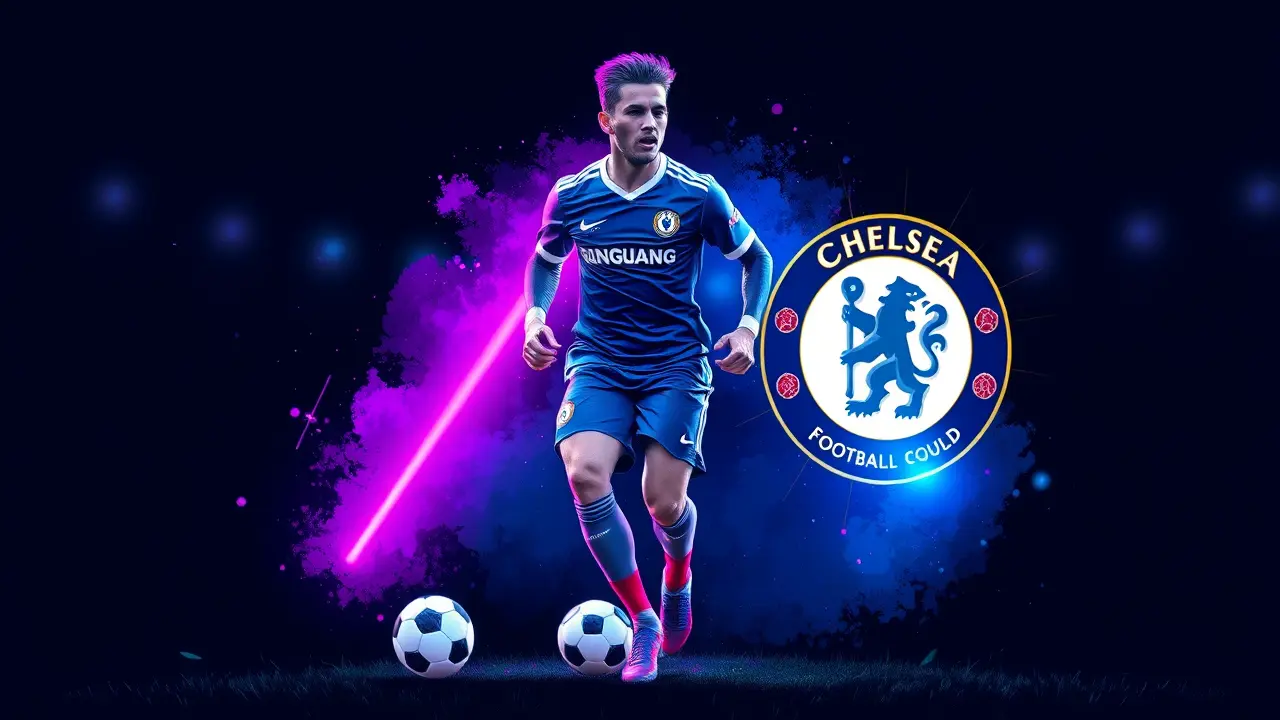Drozd on Golovkin's Hall of Fame worthiness and career.
Let's set emotions aside and examine this through the cold, hard lens of boxing's established protocols. The Hall of Fame operates on a specific set of bylaws, a rigid checklist of accomplishments that determines who gets the nod and who remains on the outside looking in.The mere fact that Gennadiy Golovkin has been nominated means he evidently ticks the requisite boxes, meeting the institutional criteria for immortality in Canastota. Yet, as former world champion Grigoriy Drozd astutely points out, this procedural qualification exists in a separate dimension from the more visceral, fan-driven debate about the true caliber of a fighter's legacy.Drozd concedes a crucial point to critic Ryan Garcia: when you scrutinize Golovkin's resume, searching for the landmark, era-defining victories, there is a palpable sense of 'what if. ' For a significant portion of his prime, 'GGG' was the most feared man in the middleweight division, a wrecking ball with concussive power in both hands that saw him rack up a staggering 37 knockouts in his 42 victories.He held a stranglehold on the WBA, WBC, IBF, and IBO titles, unifying the division in a manner few have managed. His dominant performances against solid champions like David Lemieux and his gritty, tactical win over the formidable Daniel Jacobs are hallmarks of a great champion.And his two epic battles with Saúl 'Canelo' Álvarez—a draw that many observers felt he clearly won, and a narrow, contentious loss—were spectacular theater that captured the global sporting imagination. But herein lies the crux of the debate that Drozd so eloquently frames: do those fights, as competitive and financially successful as they were, elevate him to the pantheon occupied by the untouchable legends? It's a question that forces us to compare different eras and definitions of greatness.Can we honestly place the Kazakh star in the same breath as the relentless ferocity of a Roberto Durán, the savage artistry of Marvin Hagler, or the commanding dominance of a Lennox Lewis? These are the names that represent not just championship reigns, but cultural moments; they defined their weight classes for a generation. Golovkin's era, by contrast, was marked by political maneuvering and the frustrating difficulty in securing the mega-fights his talent deserved until later in his career.His time at the absolute pinnacle felt somehow simultaneous with a certain isolation from the other top-tier stars who seemed hesitant to test his legendary power. This is not to diminish his accomplishments but to contextualize them within the broader, often unforgiving, historical narrative of boxing.Each champion, as Drozd notes, operates within the context of his own time, facing the challenges and opportunities presented to him. Golovkin's time was one of supreme physical dominance, an unprecedented 20-plus title defenses, and a reign of terror that left a trail of vanquished contenders.He was, without a doubt, one of the best middleweights of his generation, and arguably *the* best, possessing the most devastating punch the division has seen in years. His induction into the Hall of Fame, should it happen, will be a testament to his consistency, his power, and his role as a unifying force in a fractured sport.It is a deserved honor, a capstone on a remarkable career. Yet, as Drozd confesses with a tone of wistful admiration, one can't help but feel a tinge of longing for the even more stellar, star-studded career that seemed within his grasp—a career that would have left no room for debate and cemented him not just as a Hall of Famer, but as an undisputed, all-time great.
It’s quiet here...Start the conversation by leaving the first comment.
